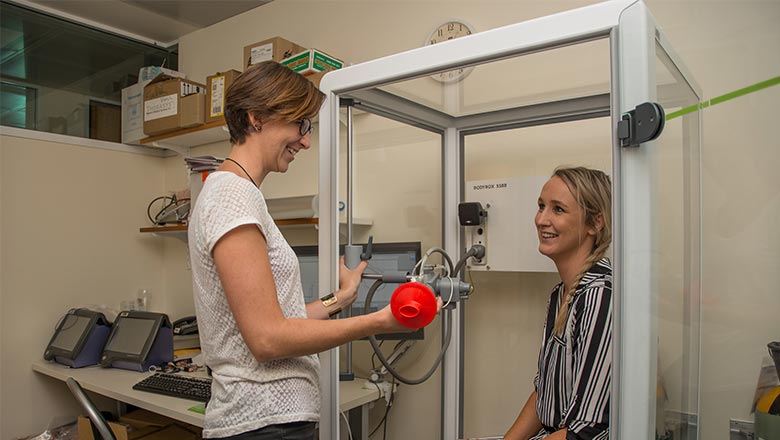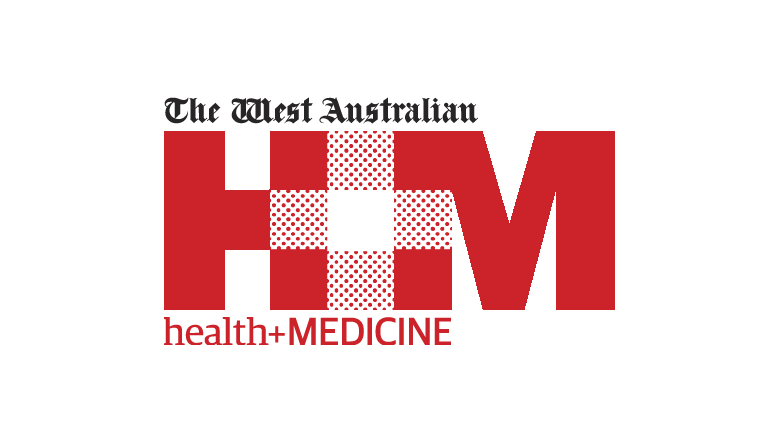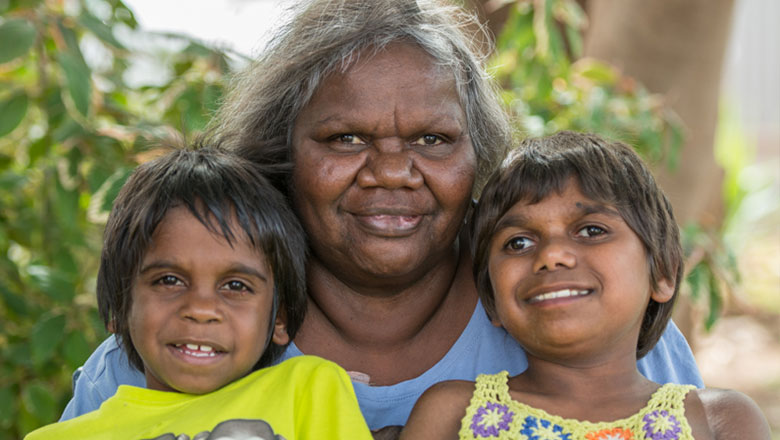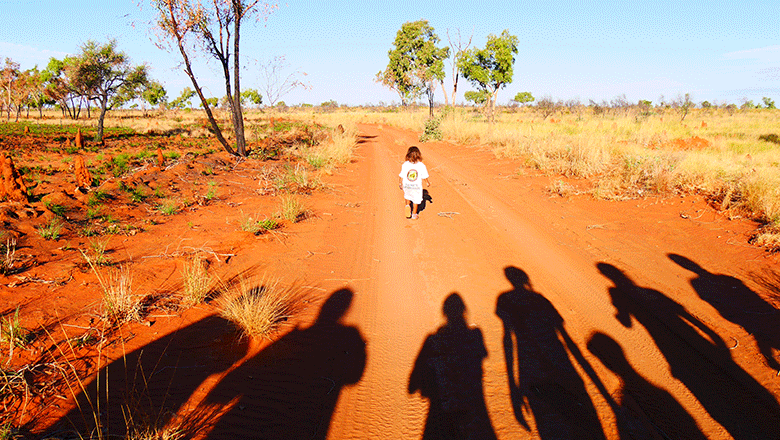Search

News & Events
Researchers urge caution in how asthma test is usedResearchers are urging caution in the use of a widely accepted test for diagnosing asthma, after their study found it may not be accurate in some settings.

News & Events
Looking at languageHearing your child’s first word is a precious moment for any parent but while most children begin to talk within 12 to 24 months of age, some take much longer.

News & Events
New test for FASDEarly intervention in child development problems caused by alcohol use in pregnancy has been made possible by The Kids Research Institute Australia’s work

News & Events
Health+Medicine special featureThe Kids Research Institute Australia is featured in a special 25 year anniversary edition of The West Australian's Health+Medicine.

News & Events
Top 10 tips to help your child be safer onlineThe Kids Research Institute Australia researcher Professor Donna Cross shares her top 10 tips for parents to help your kids be safer online.

News & Events
The Kids Research Institute Australia research ensures kids are protected against whooping coughResearch by The Kids Research Institute Australia will soon ensure young children are better protected against whooping cough.

News & Events
EVENT: Aboriginal Health ForumFollowing our highly successful Open Space Forums in 2014, The Kids warmly invites you to our next forum on Aboriginal Health.

News & Events
New study shows alcohol use ‘common’ during pregnancyThe Kids Research Institute Australia's Professor Carol Bower is not surprised by new research that shows alcohol use in pregnancy is 'common'.

News & Events
A New Avenue For Controlling Rheumatic Heart Disease?Rheumatic heart disease (RHD) is the most important cause of acquired cardiovascular disease in children and young adults and the most common cause of multivalv

News & Events
Landmark youth mental health survey releasedResearchers at The Kids Research Institute Australia hope data obtained from the 2nd Australian wide survey of child and adolescent mental health will help government
